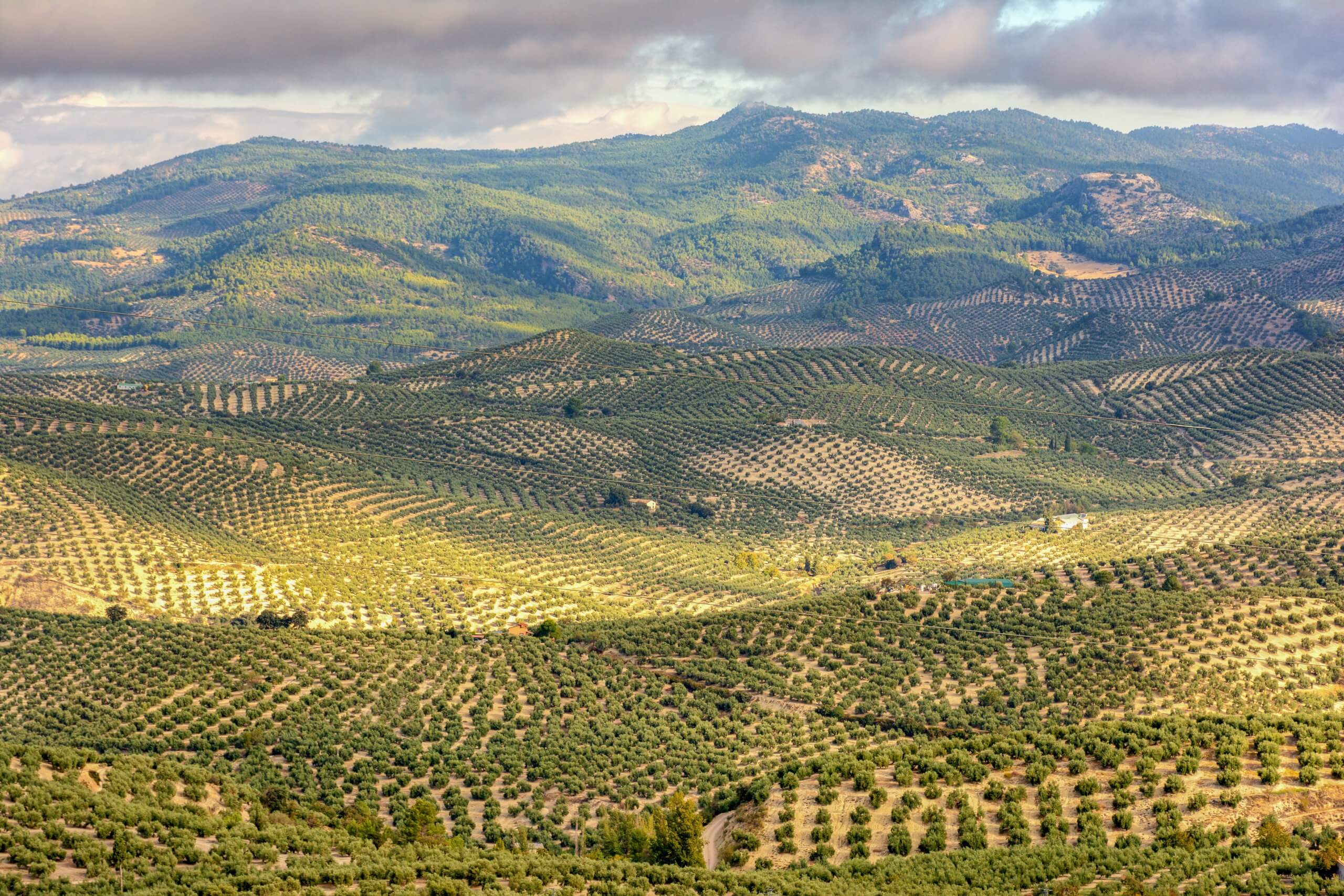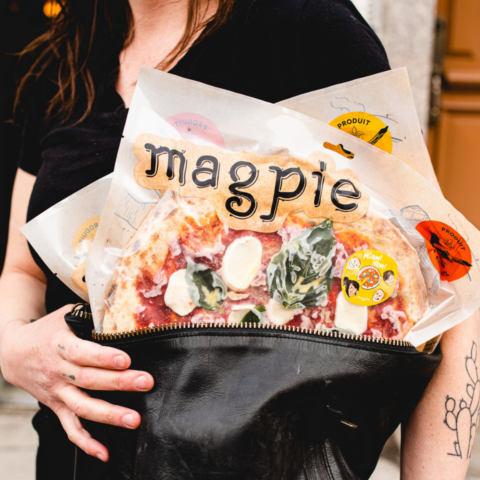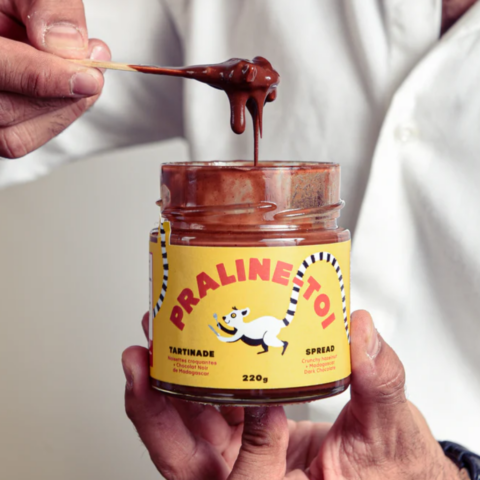October always brings the first of the olive crops in the Mediterranean, kicking off a usually festive harvest season. This year though, the summer’s heatwave in Europe has had devastating effects for the olive yield, a critical source of the world’s olive oil supply.
According to CNN, farmers estimate that this year’s harvest will be down by as much as 40%, and experts project a similar range. The heatwave-induced drought, which coincided with a three-year rainfall shortage in Spain – the world’s largest supplier of olive oil – is set to send prices soaring and hit businesses and farmers hard.

In Canada, where demand for olive oil has increased by 26% in the last decade, both amateur and professional chefs will find themselves looking for alternatives. The ‘lion’s share’ of olive oil in Canada comes from Italy and Tunisia, followed closely by Spain – but in niche markets like this, a ripple across one supply line affects the overall economy, driving up prices and scarcity on shelves.
The good news is that it’s always wise to be conscientious about oil use when you’re cooking, and while Canadians remain loyal to their canola, the shortage could mean an increase in healthy alternatives. Vitamin-packed almond oil and avocado oil have high smoke points (the temperature at which the oil starts to burn, ruining your dish) which make them well-suited for cooking with. Oils with lower smoke points, like flaxseed and walnut, make excellent drizzles on finished meals, according to dietician Liz Weinandy in TIME.
Olive oil farms in Spain are generally smaller-scale than what may come to mind for many North Americans. The New York Times reports that there’s a large proportion of farmers who are are fourth or fifth generation, and are tending the land and trees that have been in their families for over a century. Olives are a crop deeply ingrained in the culture and tradition of many Mediterranean communities and continued support of their agriculture is important for preserving their livelihoods. In other words, despite rising costs, it’s important to remember that olive oil farmers need support too.

















